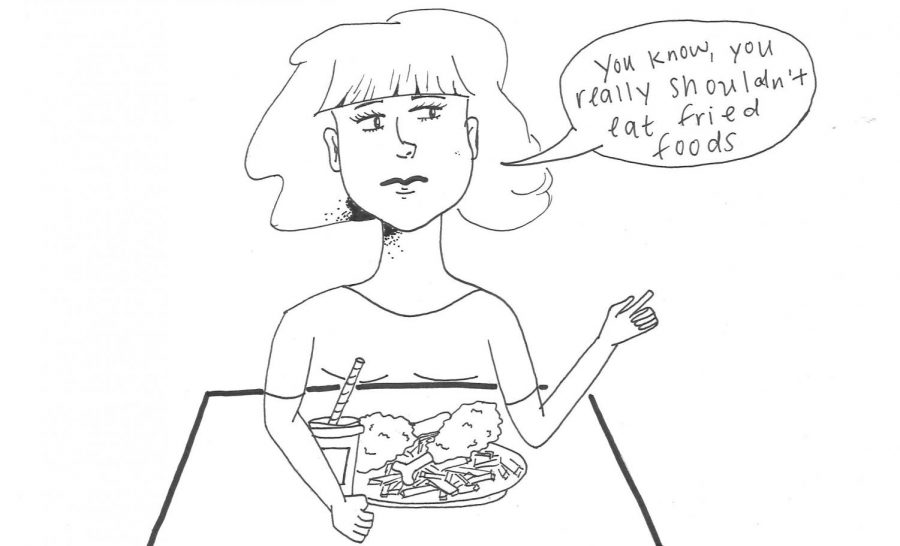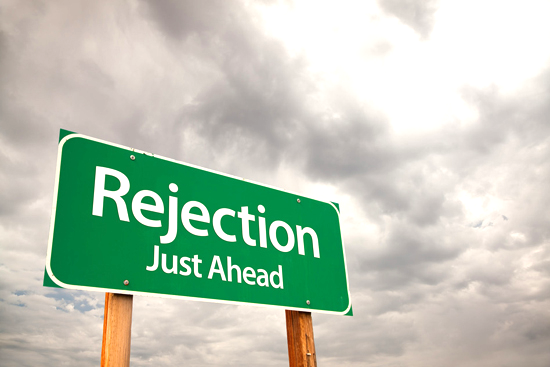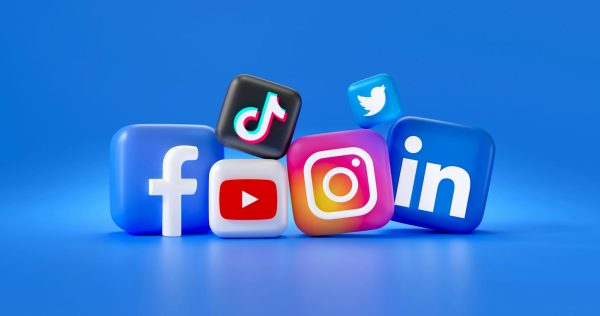There’s no immunity for hypocrisy
As much as I hear “practice what you preach” and “I can’t stand fake people” from adults and my friends, it’s hard to listen to people making these comments when they act the same as the people they don’t like.
Hypocrisy has done such a good job of riddling its way through our society that, at times, it goes undetected.
Generalizing and allowing a negative bias to control how we perceive others is morally wrong; people who face discrimination nearly every day should know that.
Being a young black woman, I grew up knowing black people as my own. Everyone else just judged us for something we couldn’t control.
I obtained this mindset from an older generation with different life experiences; in turn, I began to judge people of other ethnicities the same way I assumed they judged me.
It took high school to realize the amount of prejudice I needed to correct. And I realized it wasn’t just me after Demi Lovato’s drug issue was used as ammunition when she tweeted that she found the memes about 21 Savage’s ICE case funny although she’s not a part of the black community.
As a whole, many of us judge Caucasians or other POCs based on their skin color because it’s been ingrained in us that they’re already doing the same to us.
Boiling down the societal and more modern historic aspects of this issue, this is the same discrimination blacks have faced and fought because of our skin.
According to a 2018 article titled “Have our tribes become more important than our country?” from The Washington Post, “The single most important intellectual trend of our time is the popular rediscovery of human tribalism.”
After years of segregation and injustice at the hands of this country, its government and its founders, it’s completely natural for us to find comfort in ourselves.
In no way am I disregarding or condoning the disadvantages and oppression that this community faces and has been facing for many generations.
But I am suggesting we give people the benefit of the doubt and not assume someone’s character without allowing the person the chance to dispute their stereotype.
We should be willing to hear the opinions of others instead of writing them off as someone who will never understand the struggle while we sit back and let them bask in ignorance.
Henceforth, disregarding ethnicity and race, we as people need to be more open to educating our peers on subjects they may not understand because of their background or lack of experience.
Some people will never change their ways, but allowing their racism or sexism or phobias to define your character will keep us stagnant.
If we want change for society, we can’t allow negativity to stop what progress we’ve made and further divide us.




